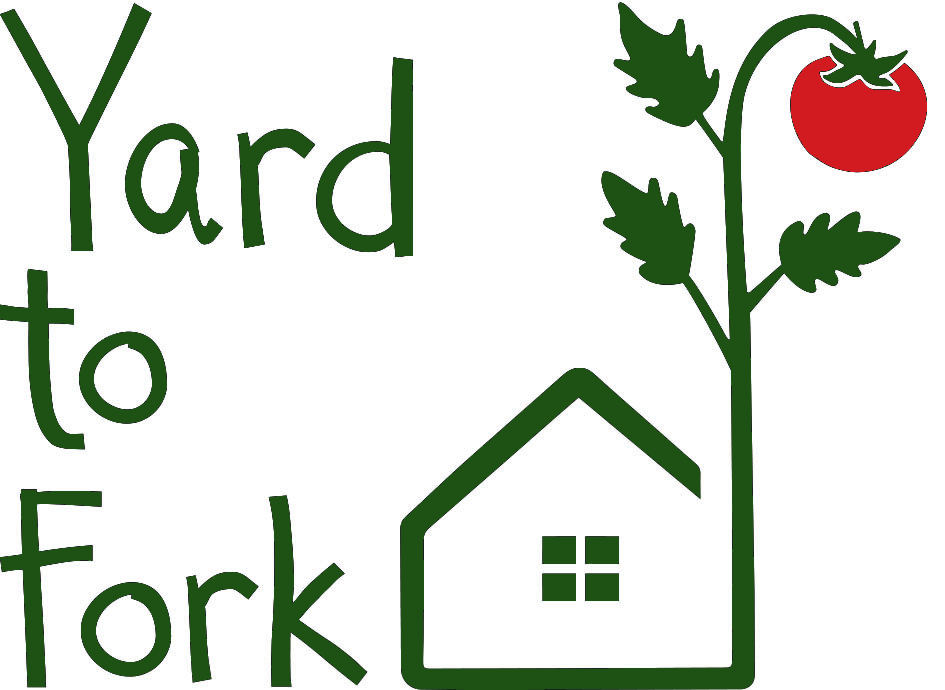What is an Heirloom Variety?
/We hear the word “heirloom” used all the time when referring to vegetables, specifically tomatoes, but the definition of an heirloom seems elusive. It is usually based on context and can mean different things to different people. Let’s break this mystery down!
Scientifically speaking, an heirloom fruit or veggie variety is one that is open-pollinated. This means that the flowers are pollinated with pollen from another plant, which makes fruit with seeds that hold the characteristics of the variety. These seeds can then be saved and planted with the assurance that the fruit will remain true to type. This differs from certain hybrid varieties that are self-pollinated, which produces specific traits more difficult to acquire through open pollination but whose seeds are not viable, and thus not saveable.
In plants, climatic conditions, soil and water variances, genetic drift and natural selection, as well as human intervention, all combine to create diversity in plant characteristics over time. When a vegetable has certain characteristics that someone wants to recreate, such as a tomato with a specific flavor, size, color, etc, seeds are then saved and regrown, then saved again, and so on. Outside the realm of science, the easiest way to think of heirloom vegetable varieties is like a family heirloom: an object that is unique, has great use or sentimental value that is never disposed of but handed down from person to person through several generations.
There are various ways to define what qualifies as a legitimate heirloom variety. Some seed companies claim that an heirloom variety must be at least 50 years old. Some say at least a century. Still others require that the seeds must have been passed down for at least 3 generations. There is no hard and fast rule for this, so the most commonly recognized description is that the variety has unique characteristics and has a history in a specific family, or has achieved a measure of local or regional fame. At some point, a group of people deemed a certain vegetable variety as worthy of saving and growing year after year, and that variety can often become a point of pride and representation. In this way, heirloom varieties are a rich and complex crossroads of natural history and human cultural diversity.
It’s not hard to see why heirloom fruits and vegetables have become so popular, as connecting to history, tradition and meaning is always interesting and fulfilling. Make sure to dig into the histories of the heirloom seeds and veggies you find out in the world, you won’t be disappointed!
Interested in learning more about different plant varieties? Our master gardeners are here to help. Schedule a garden coaching for us to come out and answer any and all questions that you may have about your garden.





